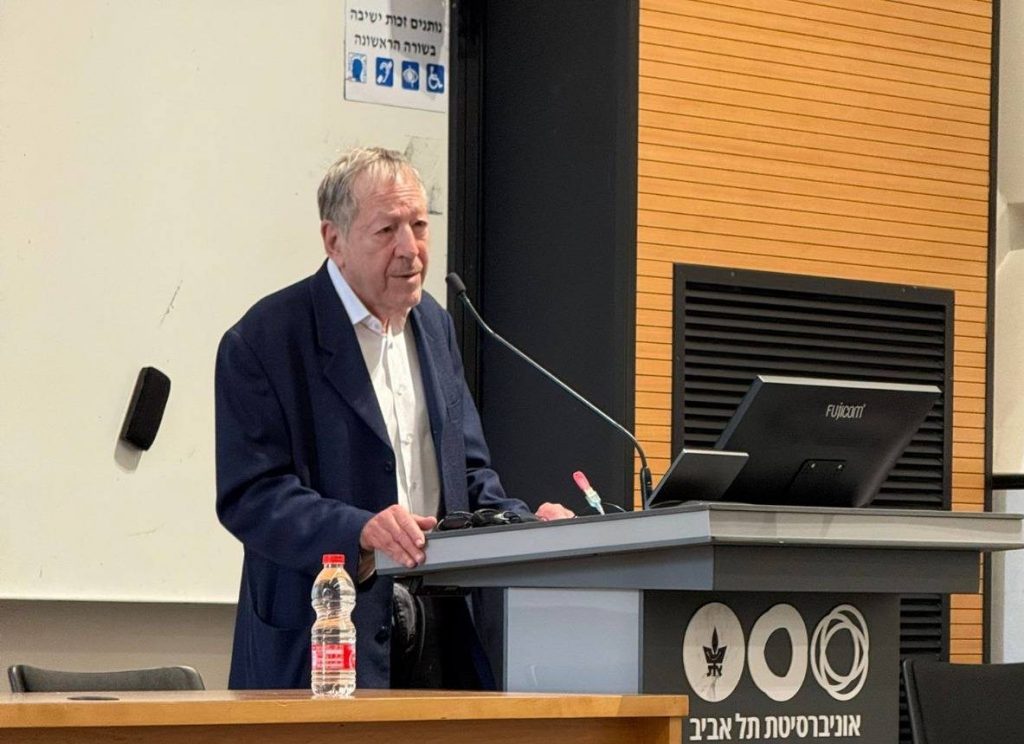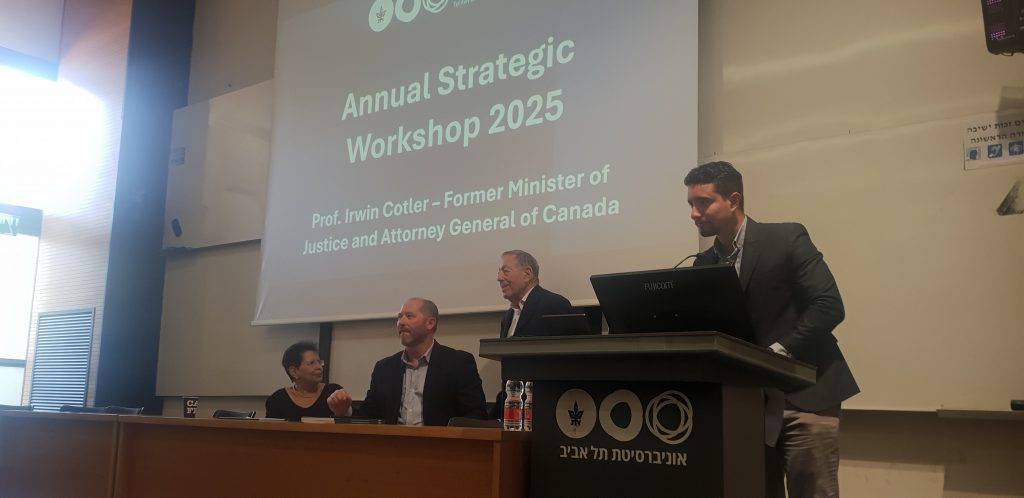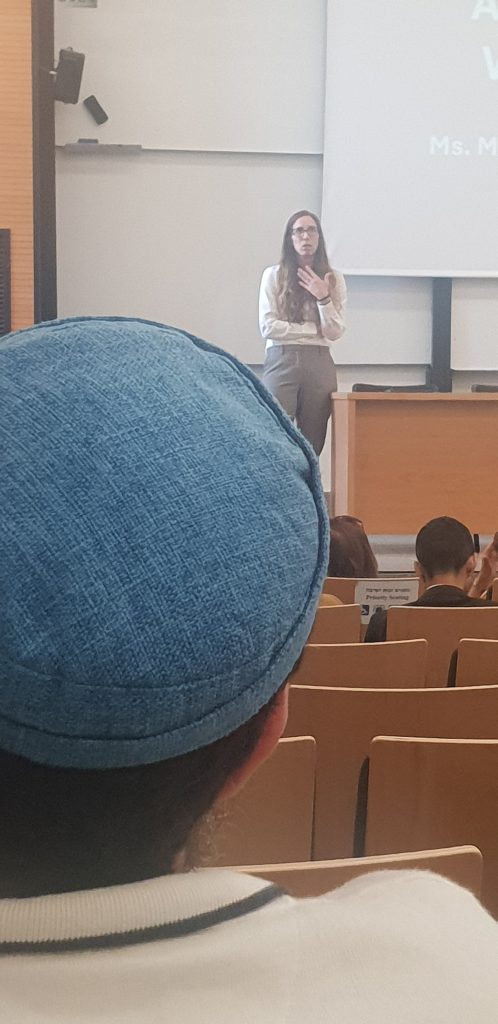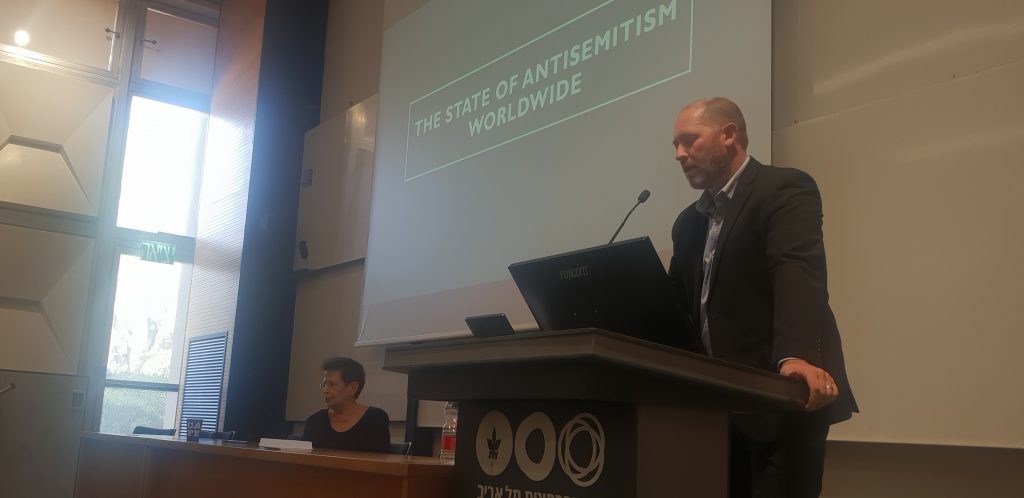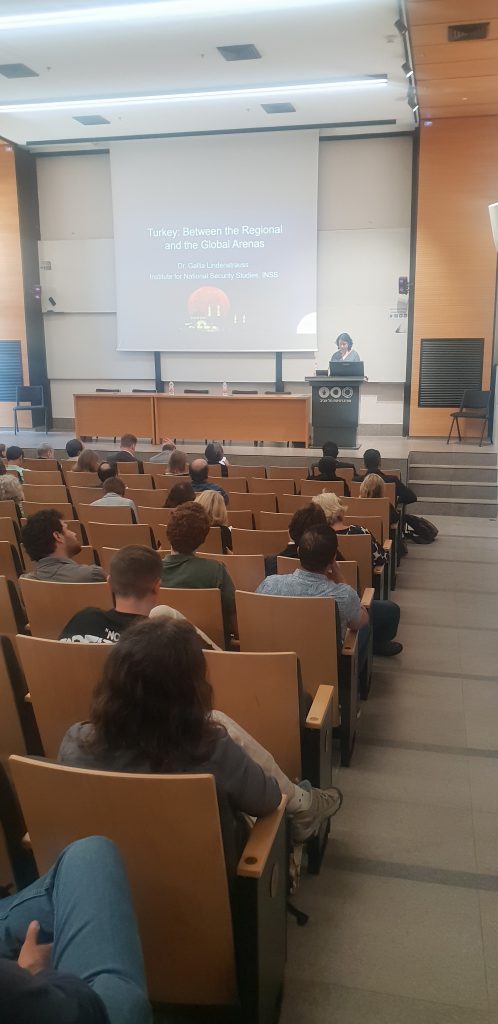Institute’s Annual Strategic Workshop
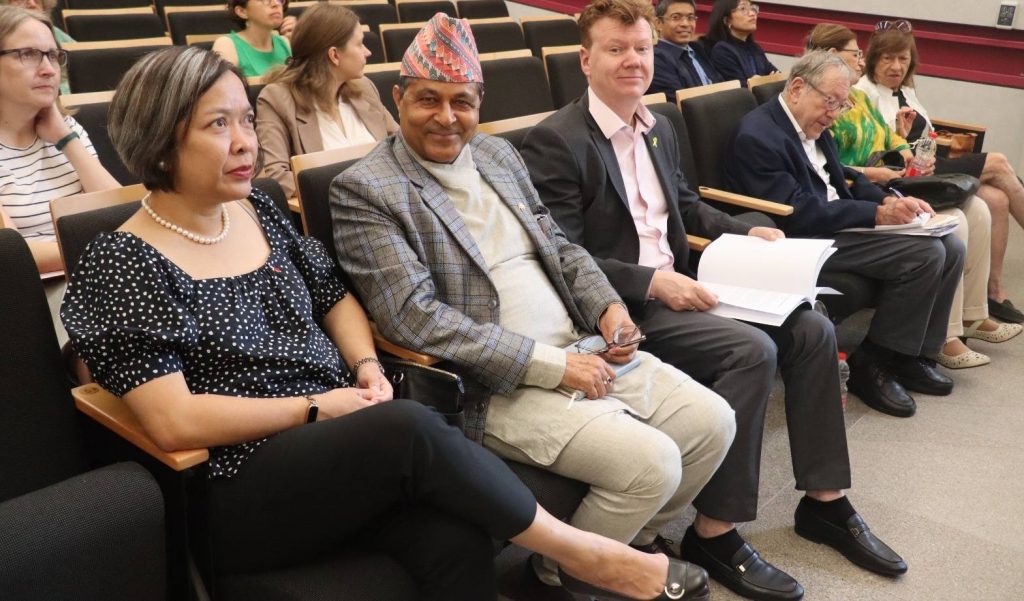
On Sunday, May 11, the Irwin Cotler Institute held its Annual Strategic Workshop for members of the Israel-based diplomatic corps. From Egypt to Sweden, Slovenia to Kenya, Nepal to Hungary, Finland to Singapore, the United Kingdom to Uganda, Spain to the Philippines, and more than 10 other countries – dozens of ambassadors, consul generals and other diplomats attended the informative and much-praised seminar discussing regional, Jewish and Israel issues. Dr. Carl Yonker, Academic Director of the Cotler Institute, headed the organizing committee of the workshop, which was co-organized and moderated by Mr. Antonio Pena, Irwin Cotler Fellow 2024-2025.
Mr. Val Simon Roque, the Philippines’ Consul General, stated: “The workshop included scholars whose insights are extremely valuable for us in order to understand the region. Many of us diplomats are preoccupied with so much administrative work, so it is important to hear from scholars who devote their time and energy to studying strategic issues.”
Nepalese Ambassador to Israel, Prof. Dhan Prasad Pandit, noted: “The workshop highlighted questions about democracy that everyone around the world should be discussing.”
The workshop opened with greetings from TAU President, Prof. Ariel Porat, and Prof. Irwin Cotler, former Justice Minister of Canada. Prof. Uriya Shavit, Head of the Cotler Institute, offered introductory remarks.
In the first session, Dr. Ofir Winter analyzed how signs of October 7 were present – and ignored – in Yahya Sinwar’s literary writings in the 1990s. Dr. Abed Kanaaneh examined Syria and Lebanon in the current post-Assad era. Dr. Gallia Lindenstrauss closed the session with an exploration of Turkey’s rising global influence, its regional ambitions, and the potential for conflict with Israel.
In the second session, Mr. Dan Meridor, Israel’s former Deputy Prime Minister, Finance Minister, and Intelligence Minister, outlined the historical evolution of Israel’s defense doctrine, from conventional, inter-state threats to modern, asymmetric warfare against terror and guerilla tactics, emphasizing the need for adaptable strategies. Ms. Mirit Guetta compared Islamic concepts of war with Western international law, particularly around the ethics of warfare and the use of human shields as found in the Quran. Prof. Shavit explored whether the two-state solution is still viable – and explained how creative new thinking can, perhaps, make it so.
The third session of the workshop explored the Jewish world. Prof. Cotler discussed the state of present-day antisemitism. He explained that antisemitism is the longest and most global of hatreds, is conspiratorial in nature, and has the ability to shapeshift and frame Jews as the antithesis to the ethos of the time. He emphasized the urgency for concrete government actions against its global resurgence. Dr. Yonker analyzed the worldwide rise of antisemitism post-October 7. His data displayed that this antisemitic wave did not grow gradually as the war in Gaza intensified, but rather reached its peak immediately after October 7, when Israel seemed weak and vulnerable. Finally, Prof. Dina Porat addressed the difficulty of teaching historical atrocities accurately.
The final session of the workshop focused on Israeli society. Dr. Sara Zalcberg discussed Israel’s Haredi community, including its rapid growth, complicated encounters with modernity and tensions with mainstream Zionist Israeli society. Dr. Yonker explored the Christians of Israel, highlighting their educational and economic successes amidst societal challenges. Finally, Prof. Shavit discussed the findings of his most recent book, Islamists in a Zionist Coalition (Rutgers University Press, 2025) on the roots of the pragmatism displayed by The Southern Branch of the Islamic Movement in Israel.
To watch the full recording of the workshop:
Session I
Session II
Session III
Session IV
